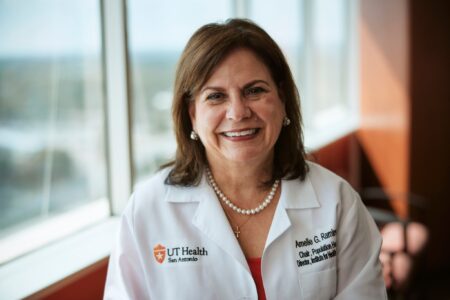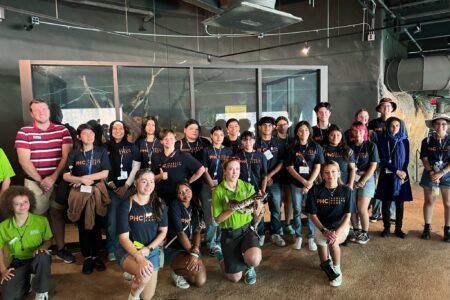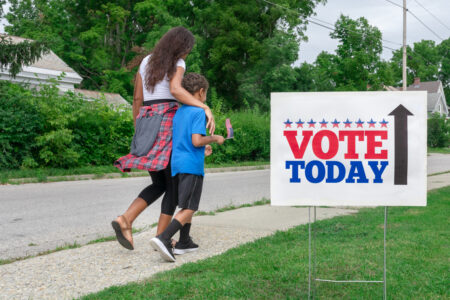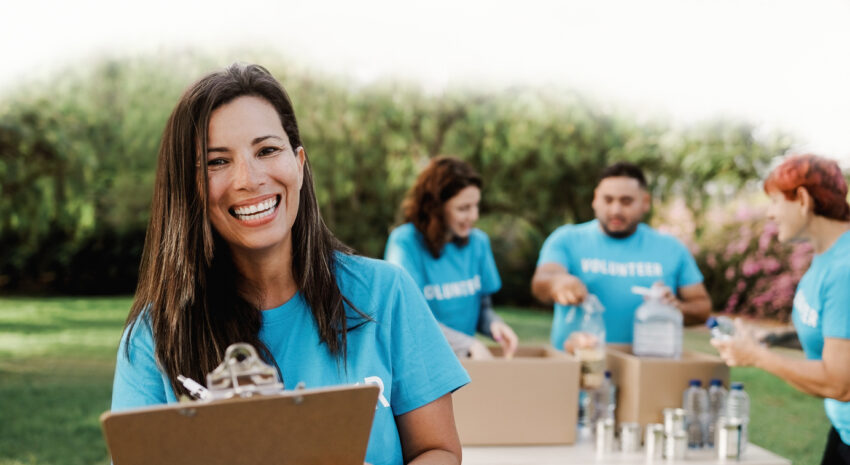
Share On Social!
Where you live can hurt or help your health.
In fact, our health is influenced by a variety of non-medical factors, such as the conditions in which we are born, grow, live, work, and age. These conditions are known as social determinants of health (SDoH).
Sometimes, social needs can arise from inequities in SDoH.
These social needs include low wages and limited employee benefits; underperforming schools; lack of medical providers; unstable and unaffordable housing; low access to nutritious food; unreliable transportation options; and unsafe streets and parks.
Here at Salud America!®, we believe everyday people can make healthy changes in their community to address social needs.
That’s right – you don’t need to hold political office to make a positive difference.
Let’s explore how you can get involved in your community to shape plans and policies that impact health.
Start with the Data on Social Needs
First, get familiar with social needs in your area.
Search your county in the Salud America!® Health Equity Report Card.
The Health Equity Report Card, first launched in 2017, auto-generates Latino-focused and local health data with interactive maps and comparative gauges. This can help you visualize and explore local inequities in housing, transit, poverty, health care, food, education, and more.
Get your Health Equity Report Card!
Pick a Way to Get Involved in Addressing Local Social Needs
Now that you’re aware of your community’s most pressing social needs, here are some ways you can help shape local policies, programs, and services:
- Contact your local representatives to discuss your concerns. Ask them how you can get involved and which groups you should join. Although they won’t be an expert in every issue, they will likely know who to put you into contact with.
You can also subscribe to your local representative’s newsletters and follow them on social media.
Don’t know who your representatives are? Find out on Ballotpedia or by searching, “who represents me in [YOUR CITY, STATE].”
- Follow city council meetings online by looking at past minutes and upcoming agendas. Attend a town hall meeting when you see an issue you care about and share your ideas.
- Join a neighborhood association to discuss your concerns and potential solutions with representatives and other decision makers.
- Find and join local advocacy groups who are already mobilizing around the issues you care about, such as Black Lives Matter.
- For perhaps the highest potential to create change, you can join city advisory boards and committees, which often play a key role in daily community affairs.
Consider Joining a Local Advisory Board and/or Committee
Advisory boards and committees review, oversee, and assist in the development of government plans, projects, policies, and/or services that affect communities.
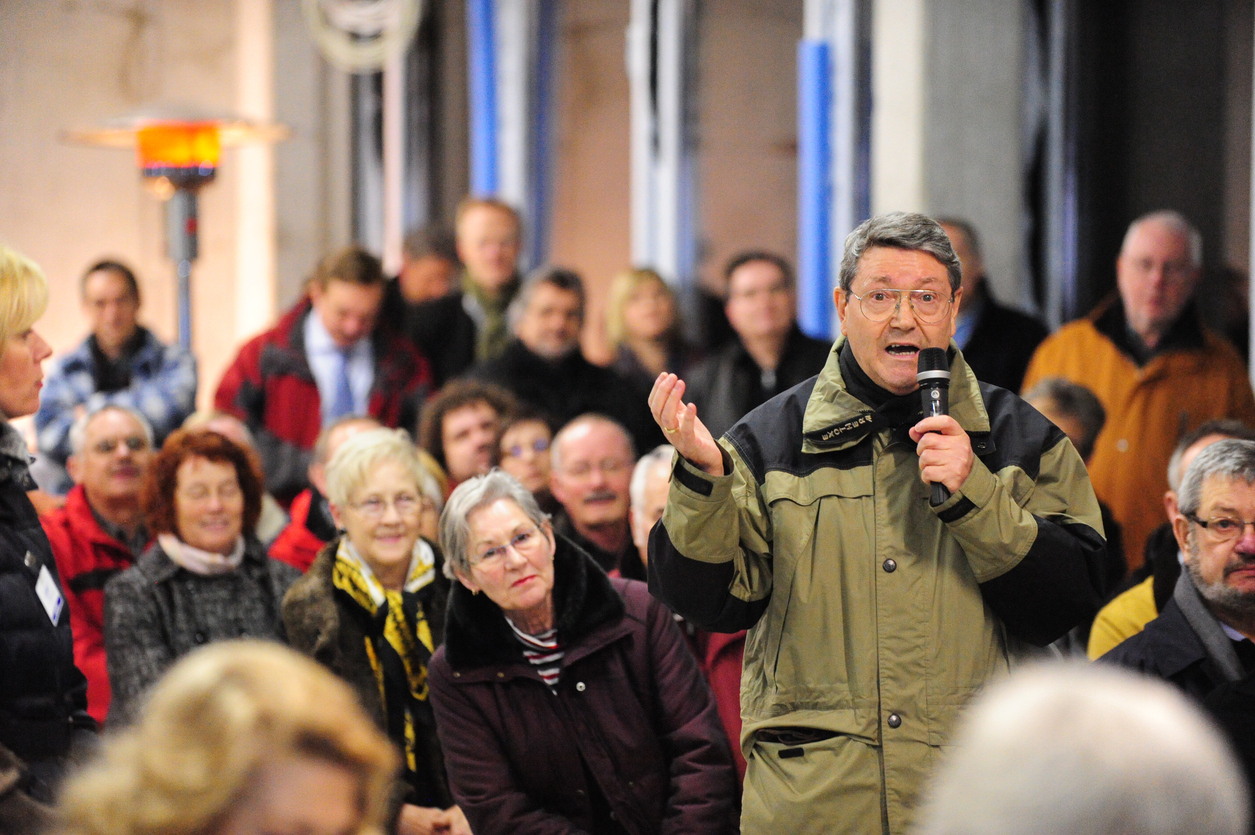
Some cities have just a few advisory boards and committees, while others have a variety, such as the City of San Antonio.
Some boards and committees are required by state law, including tripartite boards that oversee the use of Community Services Block Grants.
Other boards and committees are established to address specific community needs, such as the Complete Streets Advisory Board in the City of Phoenix.
Members of advisory boards are volunteers; however, they must typically apply and be appointed to the board.
Board members typically serve a one to five-year term and commit three to ten hours per month.
To learn more about advisory boards and committees in your area, try this internet search, “[YOUR CITY, STATE] advisory boards and committees.”
Search for member vacancies and apply to an advisory board or committee that interests you!
“Good government is not just the responsibility of elected officials and city employees – residents also play an important role,” according to the City of Phoenix.
Check out ChangeLab Solutions’ guide to getting involved in boards and commissions to create healthy communities.
You Have the Power to Help Address Social Needs
No matter the community group you join, you can play a critical role in improving health outcomes among community members, especially vulnerable populations, such as Latinos.
That is why Dr. Amelie G. Ramirez of UT Health San Antonio has created the new “Avanzando Equidad de Salud: Latino Cancer Health Equity Research Center” thanks to a 4-year, $4.08-million grant from the American Cancer Society.
As part of this work, Salud America!® is raising awareness about the importance of addressing SDoH-driven social needs. Read how Nemours Children’s Health and federally qualified health centers around the nation are working to meet the social needs of their patients.
We can help you play a role in local change with our action packs:
- Download the Salud America!® action pack, “Find Out If You Have Implicit Bias and What to Do Next.” This action pack will help you see if you have implicit bias. You will also learn from others who have overcome their own implicit bias.
- Download the Salud America!® action pack, “Get Your City to Declare Racism a Public Health Crisis.” This action pack will help you start a conversation with city leaders for a resolution to declare racism a public health issue.
- Download the Salud America!® action pack, “Write a Medical School Oath to Fight for Social Justice.” This Action Pack will help medical students write their own medical school oath to reflect doctors’ ever-evolving responsibilities to address systemic racism, social justice, and health equity.
- Download the Salud America!® action pack, “Handle With Care” to start a Handle With Care program. In the program, police notify schools when they encounter children at a traumatic scene, so schools can provide support right away, even if operating virtually.
- Download the Salud America!® action pack, “Help Your City Adopt Smoke-Free Multifamily Housing” to help your city explore a smoke-free multifamily housing policy for common areas and individual units.
Together, we can make a difference!
Explore More:
Increasing Civic EngagementBy The Numbers
50
percent
of big U.S cities have a local board of health

